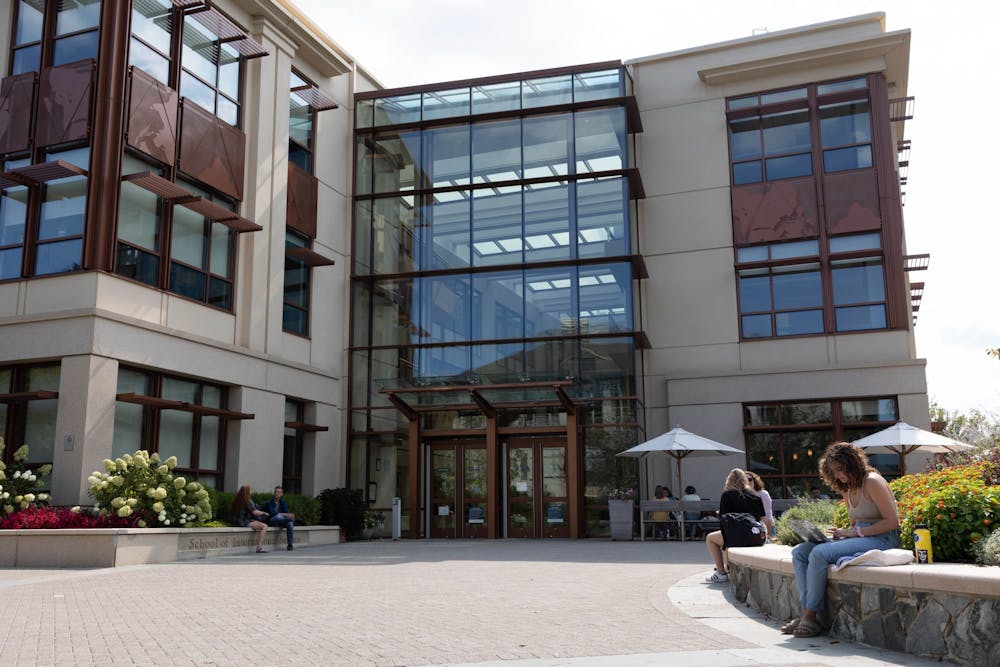American University announced the launch of a $15 million, five-year food waste research project awarded by the U.S. National Science Foundation (NSF) on Sept. 29, representing the largest externally funded research grant in the University’s history.
In collaboration with 13 other institutions across the U.S., AU is leading the first academic research network on wasted food in the country.
“This is a project looking at wasted food in the U.S. food system,” said Sauleh Siddiqui, an associate professor of environmental science and principal investigator of the grant. “And figuring out how we transform our food system by minimizing and managing that waste so that we make the system more sustainable, equitable and resilient.”
Although the U.S. is moving toward a goal of significantly reducing food waste by the year 2030, 40 percent of all food produced in the U.S. is never eaten, according to the U.S. Food and Drug Administration. Siddiqui and his colleagues hope to identify the “underlying drivers” of food waste, as well as coming up with solutions that could positively impact our food systems.
Food inequity is another issue that the research network will address.
“Food inequity is widespread throughout the U.S., and even in our own backyards in Washington, D.C.,” Siddiqui said. “That tells you that it’s not just waste, but there are also other parts of the food system that aren’t functioning well.”
Of the 40 primary researchers involved, eight of them are from AU, along with 18 graduate students and many more undergraduates assisting in the research, according to Siddiqui. The College of Arts and Sciences, School of International Service, School of Communication and School of Education will all be engaged in the project. The wide range of fields involved in the research beyond environmental science is one aspect that makes it unique, said Siddiqui.
“We realized that the community that worked on wasted food was very excited about this topic, but it was split up into different disciplines,” Siddiqui said. “There were economists, engineers, social scientists … there were lots of different people working on this, but there wasn’t a research community that would come together and work on this one topic.”
The project scope includes work in data and predictive modeling, STEM K-12 and post-secondary education, new technology and its integration with infrastructure and strategies to minimize household-level food waste.
“To make sustainable, long-term decisions about local, regional and national food systems, we need better data,” Siddiqui wrote in an email. “Food encompasses health, culture, the environment and the economy, and intersects with other systems, such as transportation, energy and water. We need to make connections between data from these different sources to improve our food systems and reduce wasted food.”
The initiative will help launch the first undergraduate student science journal on food systems, said Siddiqui. A general education course, “Wasted Food 101,” and curriculum for elementary school students, will also be implemented.
With AU’s history in groundbreaking sustainability practices, this project is a special opportunity for the University, according to Siddiqui.
“It’s something that AU is known for: sustainability [and] food inequity … food is basically inside AU’s DNA,” Siddiqui said. “It’s a chance for AU to lead on a lot of the work it’s built on.”





